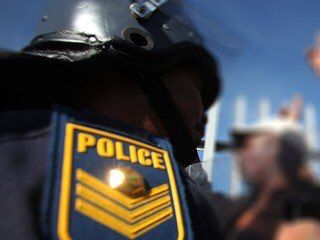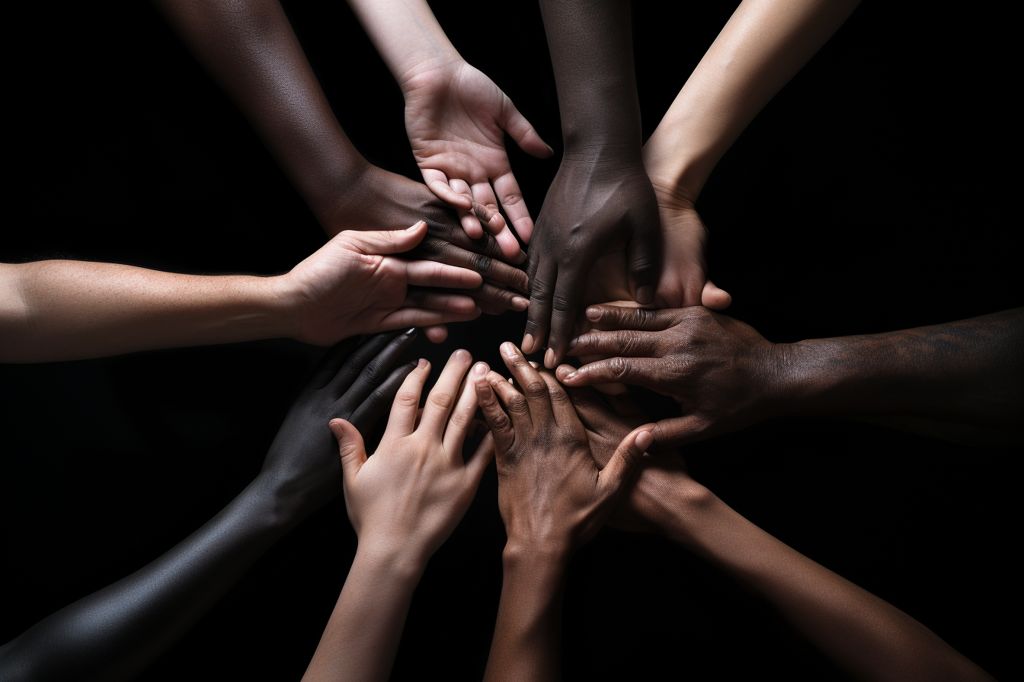Diepsloot, a township in Johannesburg, South Africa, has been experiencing a surge in public unrest as of late. On Thursday, June 29th, 2023, local police arrested three individuals suspected of involvement in the violent protests. The police used rubber bullets to disperse the crowd, which had gathered to voice their grievances. The situation remains under close observation by the authorities, with the possibility of further tensions.
Residents’ Complaints
The complaints of the residents of Diepsloot revolve around several issues, including a lack of police visibility, high crime rates, and an influx of illegal immigrants allegedly involved in criminal activities. Additionally, they are concerned about ongoing service delivery issues within the community. A significant portion of these grievances come from informal settlement dwellers who face numerous challenges related to environmental design.
Police Response
To address the challenges faced by the police vehicles navigating through the narrow, congested streets of densely populated areas at night, the law enforcement agencies conduct foot patrols during daylight hours. At night, these agencies patrol with blue lights for increased visibility but are still unable to access certain areas.
Plans for the Future
The Diepsloot police station management intends to engage with community leaders and community-based structures, as well as various departments, such as Home Affairs, Housing, and the municipality. The goal is to seek long-term solutions to the service delivery issues in the area.
Recent Arrests
Since the beginning of June, there have been six murders in Diepsloot. Police have managed to make several arrests, including six suspects in a case of attempted murder and house robbery, one for attempted murder, three in separate cases of armed robbery, and five for pointing a firearm.
Public Safety Measures
Authorities have also focused on securing public safety by arresting 82 individuals for drinking in public, as they often become targets for armed robbers. Additionally, the police have shut down two illegal shebeens, which have been linked to common robberies, assault GBH, gender-based violence, and domestic violence.
The recent events in Diepsloot have highlighted the complex issues faced by the community, emphasizing the significance of inter-agency collaboration and community engagement to address the underlying concerns. While the current focus remains on maintaining order and public safety, the long-term goal must be to develop sustainable solutions to these problems.








